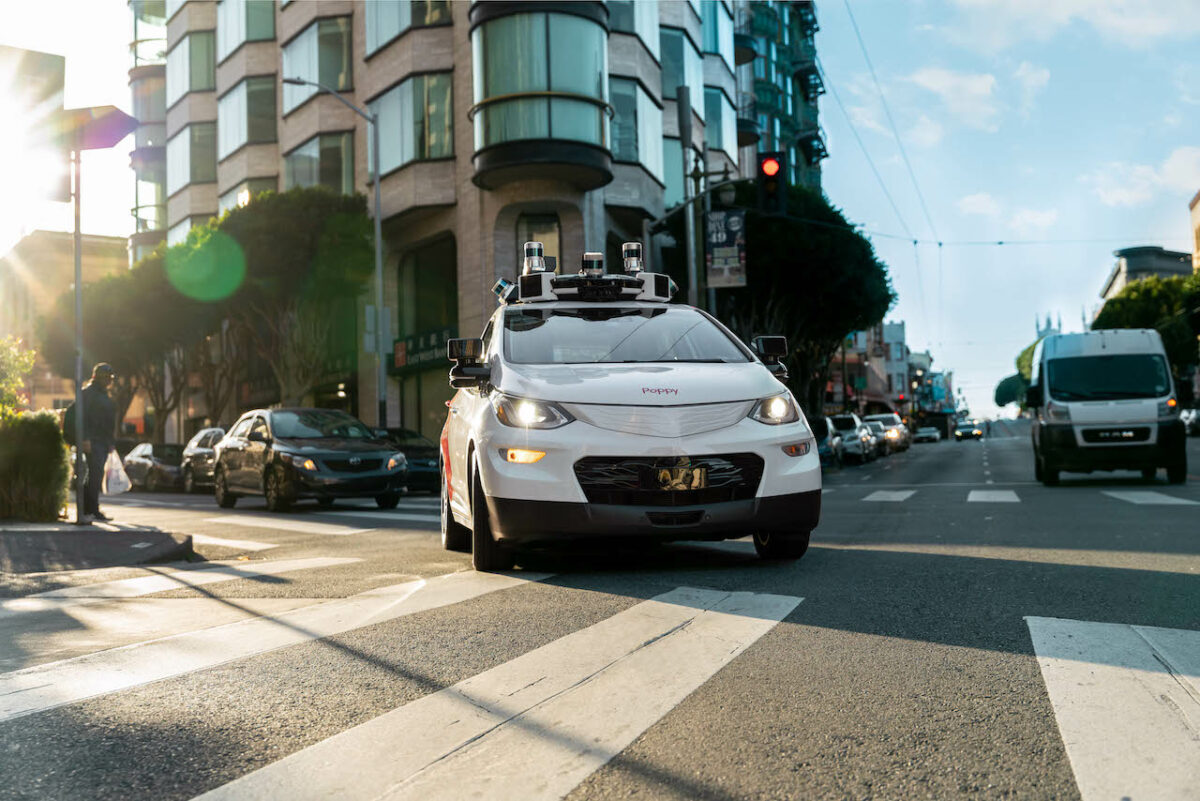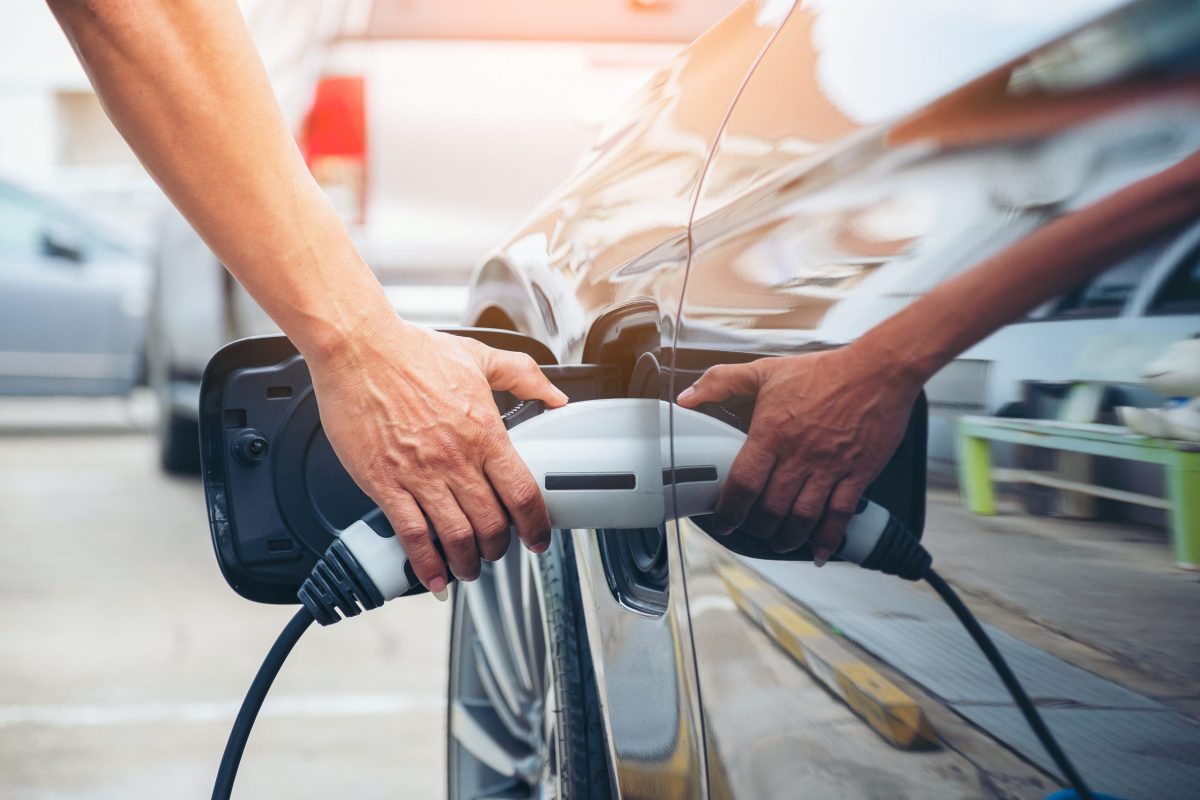2011 will be remembered as the year when plug-in electric vehicles (PEVs) hit the public consciousness, but it will be a long time before rates of adoption become clear. So while vehicle manufacturers have begun to place their bets, some might forgive the energy and utility industries for hedging theirs. In fact, unless the infrastructure sectors take more active steps in the market, the uncertainty will remain. The automotive and electricity industries therefore need to work more closely together, and at the heart of their collaboration should be a deeper anticipation of consumer preferences.
According to recently published research from Accenture, involving over 7,000 people in 13 countries, drivers’ charging preferences for PEVs could make it more difficult for utilities to support PEV demand. Even small volumes of PEVs could challenge the grid, especially where there are clusters of early adopters. Utilities will therefore need to manage charging demand proactively or face having to invest heavily to increase the capacity of the grid.
The automotive and electricity industries need to work more closely together, and at the heart of their collaboration should be a deeper anticipation of consumer preferences.
But consumers tell us they are not willing to depart from the tank-filling freedom they currently enjoy. Over two thirds (67%) would not accept charging point operators determining when they can charge their plug-in EV. Fast charging is a motivator, and exactly half say that its availability would encourage them to buy a PEV for their next car purchase. 62% would reject battery swapping services and go for battery charging. In short, if they had their way, consumers’ charging preferences could overload the grid and require additional power generation.
Utilities will have to accelerate their development of smart charging technologies that can automatically charge cars at speeds and times that are optimal to the grid and maximise use of otherwise unwanted wind energy at night, for instance. But such investments are only possible if energy providers can anticipate the level of demand. For instance, 71% of consumers would reject full EVs for plug-in hybrids (PHEVs). On the face of it, that could help to keep a lid on electricity demand. But we expect the bias in favour of PHEVs to shift once drivers are more familiar with the options.
Utilities will have to accelerate their development of smart charging technologies that can automatically charge cars at speeds and times that are optimal to the grid and maximise use of otherwise unwanted wind energy at night, for instance.
So, the uncertainties remain and the best way to mitigate them is for utility and charging service sectors to form commercial relationships with automobile distributors and fleet owners. Utilities could then track local purchases for different kinds of plug-in EVs and anticipate the location and nature of electricity demand. These alliances could also help energy providers improve the specialist automotive advice that consumers might well expect from them.
It will also help vehicle manufacturers appreciate external factors of demand for PEVs. For example, 45% of consumers say that the source of fuel for PEVs is important to them and, of those, 85% would be encouraged to buy a PEV if the fuel source was renewable, against only a quarter if the source was nuclear.
The need to reduce uncertainty, the need to proactively manage charging preferences and the imperative to offer advanced after-sales services to consumers therefore demonstrate an urgent need for collaboration between the two sectors.
The opinions expressed here are those of the author and do not necessarily reflect the positions of Automotive World Ltd.
Wade Malcolm leads Accenture’s electric vehicle practice group in North America.
For more information on the Accenture plug-in electric vehicle study, click here
Wade Malcolm can be contacted at wade.p.malcolm@accenture.com
The AutomotiveWorld.com Expert Opinion column is open to automotive industry decision makers and influencers. If you would like to contribute an Expert Opinion piece, please contact editorial@automotiveworld.com



